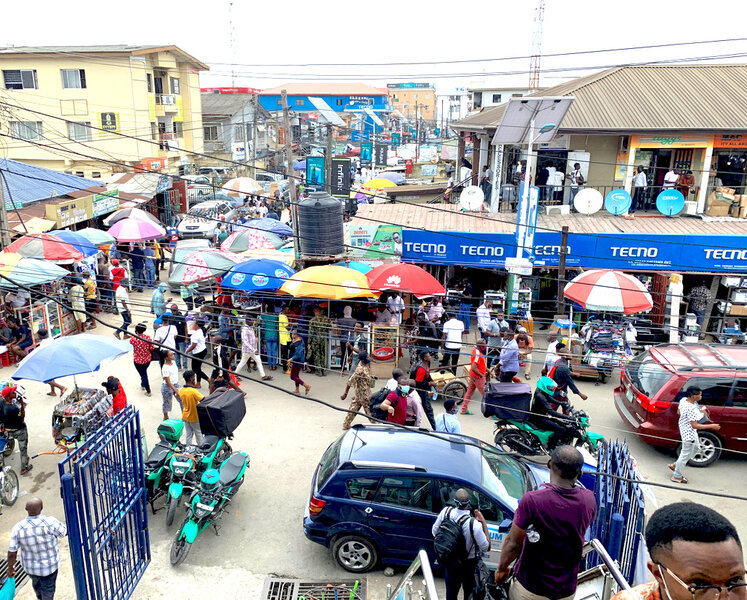Africa’s deep think in being an AI leader
Loading...
Previous generations of young African leaders sought to lift their people first through anti-colonial revolution and later through regional pacts on trade and security. The goal was always the same: prosperity and dignity through unity and self-governance.
Many of today’s African youth seek similar goals but by embracing the opportunities in artificial intelligence. They face obstacles such as slow internet and electricity shortages. Yet young innovators are determined to apply advances in machine learning to Africa’s economic growth. They aim to show that the continent can be more than a recipient of imported ideas.
“We need to show up in our relationship with the West as equals,” said Avishkar Bhoopchand, a South African research engineer who works at Google DeepMind in London, in an interview with Inside Higher Ed. “Not one in which the West sees us as a charity case – or, worse, as a testing ground for their technology or one in which they can exploit or extract resources from Africa.”
Several countries are already applying AI in a range of contexts. Nigeria and Ghana use it to boost election transparency. Rwanda has positioned itself as a hub for innovation policy and ethical use of AI. In Sudan, the technology has enabled the first nationwide mapping of schools, including in conflict areas.
The application of AI has stirred a buzz stretching the capacity of universities from Cairo to Cape Town. Students, professors, and entrepreneurs are creating a network to support one another. One particular concern is developing local data sets to ensure deep-think programs are loaded with African knowledge and languages.
“More and more, young people launching startups are interested in this, and they have a real thirst for knowledge in the field of AI,” Seydina Ndiaye, a member of the new United Nations AI Advisory Body from Senegal, told UN News last week. “With the development of AI, we could use this channel so that Africa’s cultural identities are better known and better valued.”
There are already more than 2,400 AI organizations in Africa spanning a range of contexts, from health care and agriculture to education and government statistics. The International Data Corporation estimates that global digital investment in Africa will double from 2023 levels in three years. The Bill and Melinda Gates Foundation announced last October it would invest $30 million to support “home-grown” AI innovators.
Such digital transformation “offers an opportunity for a new form of economic growth for developing countries, with the added possibility of countries being able to ‘leap’ stages of development – and in so doing to support structural change that provides employment opportunities and rising standards of living,” the Brookings Institution stated in a report last year.
The creative embrace of machine learning in Africa is reminiscent of the early days of Silicon Valley, when the first gadgets of the information age emerged from the garages of determined young inventors. With AI, Africa’s youthful innovators are generating a new view of their region and themselves as equal contributors to global progress.







